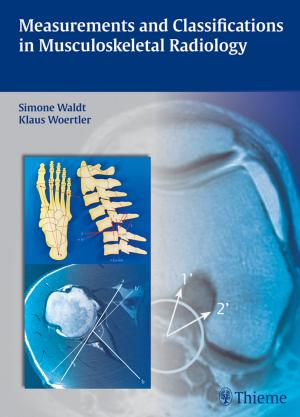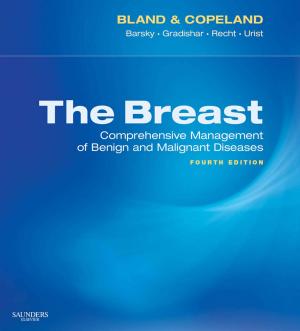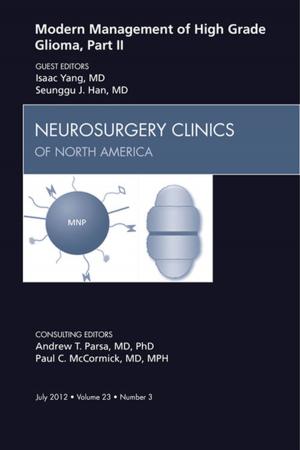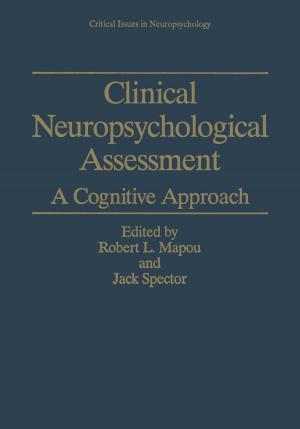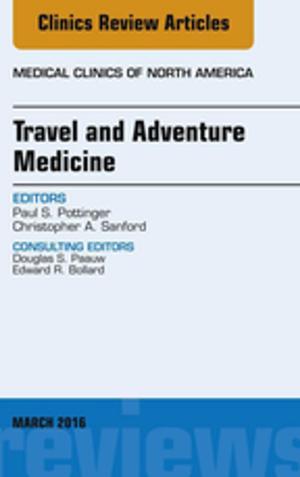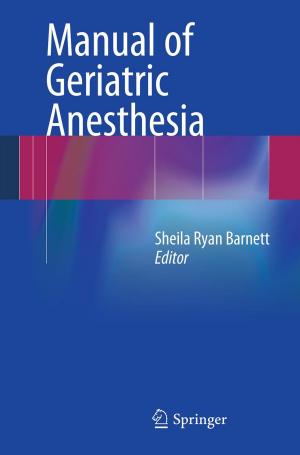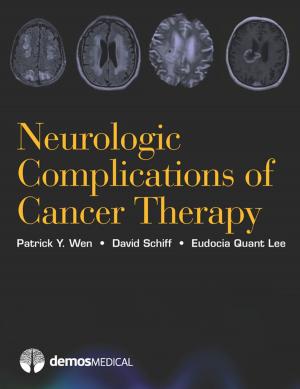The American Psychiatric Association Practice Guideline for the Pharmacological Treatment of Patients With Alcohol Use Disorder
Nonfiction, Health & Well Being, Psychology, Psychiatry, Medical, Specialties| Author: | American Psychiatric Association | ISBN: | 9780890426838 |
| Publisher: | American Psychiatric Association Publishing | Publication: | January 11, 2018 |
| Imprint: | American Psychiatric Association | Language: | English |
| Author: | American Psychiatric Association |
| ISBN: | 9780890426838 |
| Publisher: | American Psychiatric Association Publishing |
| Publication: | January 11, 2018 |
| Imprint: | American Psychiatric Association |
| Language: | English |
Alcohol use disorder (AUD) is a major public health problem in the United States. The estimated 12-month and lifetime prevalence values for AUD are 13.9% and 29.1%, respectively, with approximately half of individuals with lifetime AUD having a severe disorder. AUD and its sequelae also account for significant excess mortality and cost the United States more than $200 billion annually. Despite its high prevalence and numerous negative consequences, AUD remains undertreated. In fact, fewer than 1 in 10 individuals in the United States with a 12-month diagnosis of AUD receive any treatment. Nevertheless, effective and evidence-based interventions are available, and treatment is associated with reductions in the risk of relapse and AUD-associated mortality.
The American Psychiatric Association Practice Guideline for the Pharmacological Treatment of Patients With Alcohol Use Disorder seeks to reduce these substantial psychosocial and public health consequences of AUD for millions of affected individuals. The guideline focuses specifically on evidence-based pharmacological treatments for AUD in outpatient settings and includes additional information on assessment and treatment planning, which are an integral part of using pharmacotherapy to treat AUD. In addition to reviewing the available evidence on the use of AUD pharmacotherapy, the guideline offers clear, concise, and actionable recommendation statements, each of which is given a rating that reflects the level of confidence that potential benefits of an intervention outweigh potential harms. The guideline provides guidance on implementing these recommendations into clinical practice, with the goal of improving quality of care and treatment outcomes of AUD.
Alcohol use disorder (AUD) is a major public health problem in the United States. The estimated 12-month and lifetime prevalence values for AUD are 13.9% and 29.1%, respectively, with approximately half of individuals with lifetime AUD having a severe disorder. AUD and its sequelae also account for significant excess mortality and cost the United States more than $200 billion annually. Despite its high prevalence and numerous negative consequences, AUD remains undertreated. In fact, fewer than 1 in 10 individuals in the United States with a 12-month diagnosis of AUD receive any treatment. Nevertheless, effective and evidence-based interventions are available, and treatment is associated with reductions in the risk of relapse and AUD-associated mortality.
The American Psychiatric Association Practice Guideline for the Pharmacological Treatment of Patients With Alcohol Use Disorder seeks to reduce these substantial psychosocial and public health consequences of AUD for millions of affected individuals. The guideline focuses specifically on evidence-based pharmacological treatments for AUD in outpatient settings and includes additional information on assessment and treatment planning, which are an integral part of using pharmacotherapy to treat AUD. In addition to reviewing the available evidence on the use of AUD pharmacotherapy, the guideline offers clear, concise, and actionable recommendation statements, each of which is given a rating that reflects the level of confidence that potential benefits of an intervention outweigh potential harms. The guideline provides guidance on implementing these recommendations into clinical practice, with the goal of improving quality of care and treatment outcomes of AUD.

